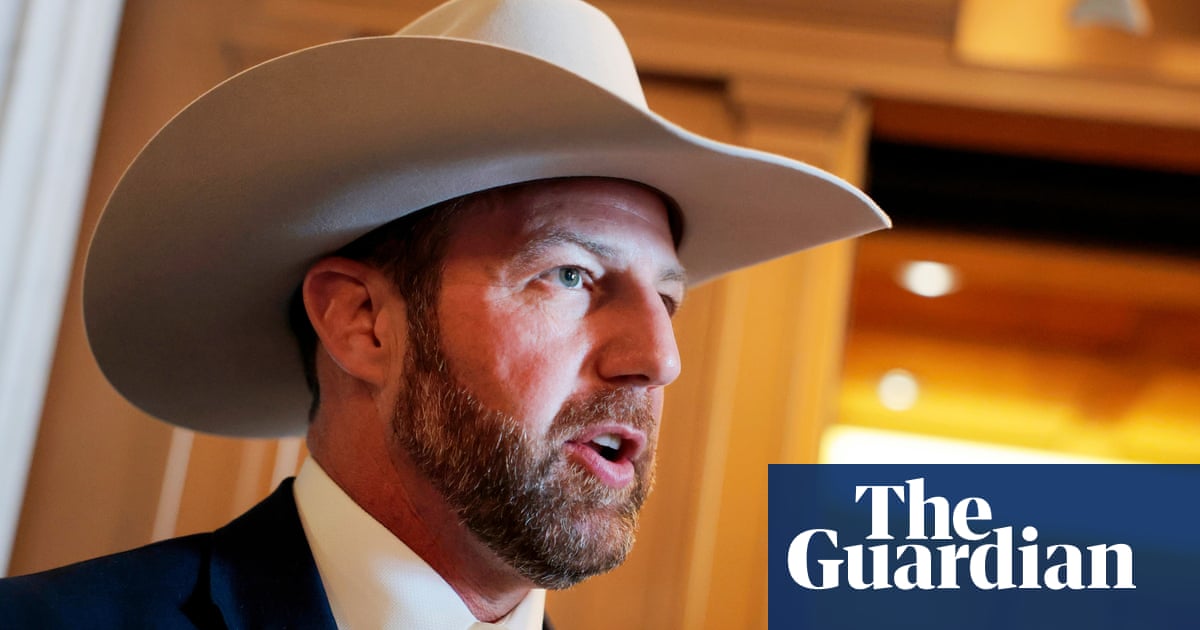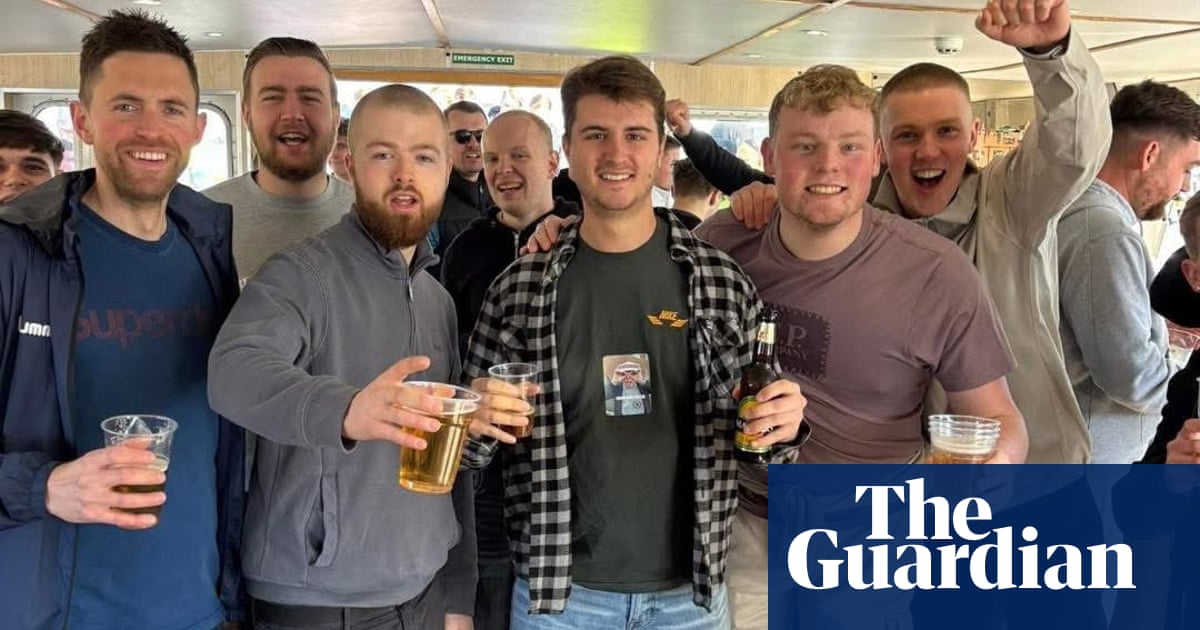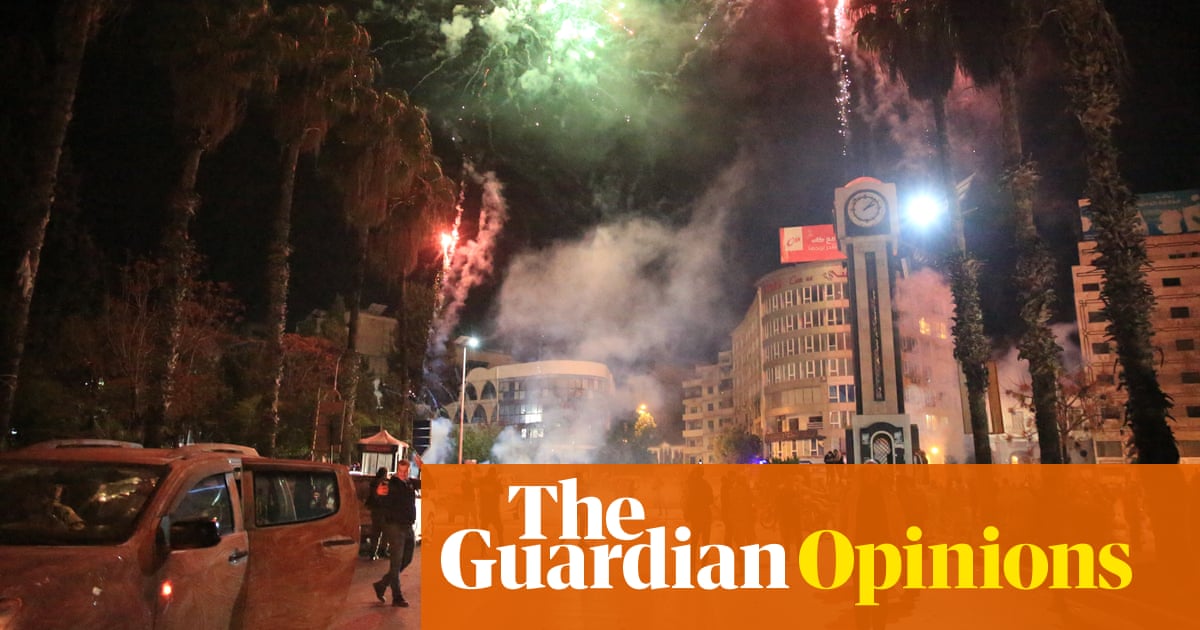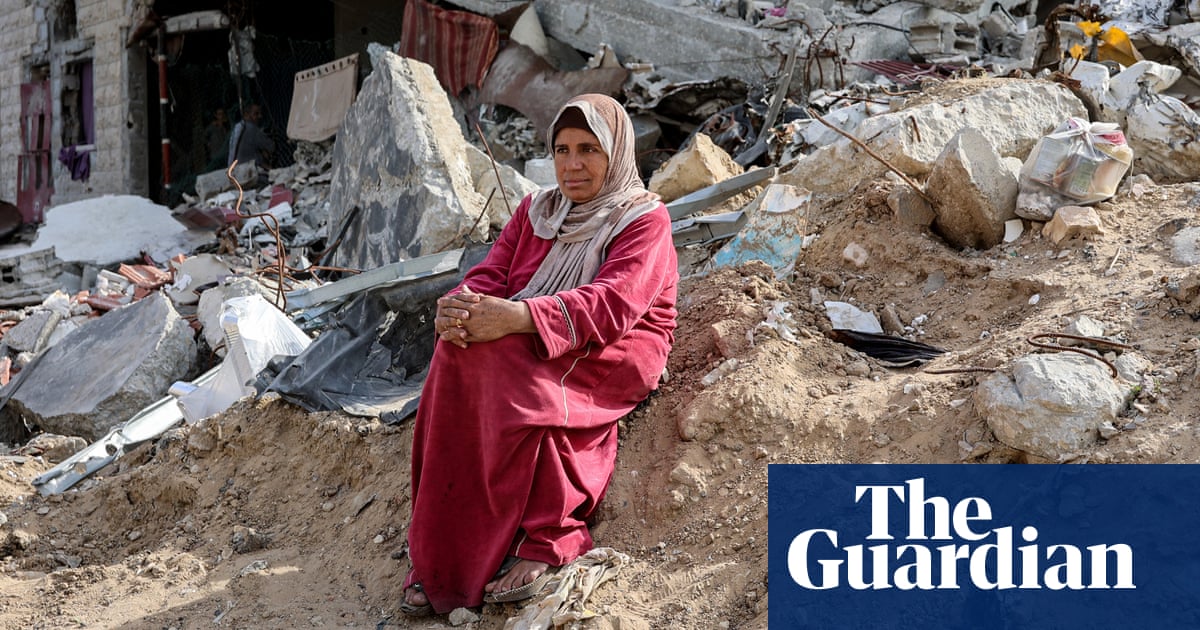Julia Chuñil Catricura’s home is a wooden cabin nestled within the dense foliage of the hilly Valdivian rainforest. It has no running water, electricity or mobile phone coverage. It is a modest setup – for Chuñil, living here was an act of resistance, a vindication of her rights.
Chuñil, 72, is Mapuche, Chile’s largest Indigenous group. A land defender who fought for Mapuche land rights and practised ancestral farming methods and medicinal techniques, she moved to this spot in 2015.

After a few years, she was subjected to threats and harassment from a local business owner, who offered her money on several occasions in an attempt to get her to leave. But she repeatedly refused to go.
Last November, Chuñil set off on a habitual hike with her three dogs to herd some animals, journeying up into the forest’s steep hills. But only two dogs returned; Chuñil and her three-month-old hound, Cholito, have not been seen since.
“She knew the land like the back of her hand,” says her son Pablo Chuñil, gesturing towards the trees. “It is impossible she would have gotten lost or fallen.”

Five months on, the search for her has made no significant progress, despite the efforts of her family, community and authorities. Footprints thought to be hers were found near an abandoned cabin along with tyre tracks, but no further evidence has surfaced.

The case highlights the struggle over land rights and the vulnerability of Indigenous defenders in Chile.
Supported by the NGO Escazú Ahora, her family filed a lawsuit demanding that authorities approach Chuñil’s disappearance as a criminal investigation.
Before Chuñil moved to her property, it had been acquired by the government agency Conadi (National Corporation for Indigenous Development) as part of a Mapuche territorial recovery programme. It was initially assigned to another Mapuche community, which allegedly abandoned it because of its steep terrain, making it impractical for livestock.
The activist spotted the vacant land and moved in with her community, the Petreguel, believing that Conadi would transfer the land rights to them.
Clear title to land in this area is crucial, as evidenced by the marks of change on the forested hills that shape the skyline – acres of native oak trees are interrupted by the neat squares of pine and eucalyptus plantations. It is this burgeoning industry that Chuñil’s family and friends fear could have led her to harm.

“The forestry companies squeeze and pressure the Indigenous,” says Jaime Raipan, a leader of a neighbouring Mapuche community and a close friend of Chuñil. “The businessmen never leave [our] communities in peace.”
The Mapuche struggle for land rights is a deep-seated issue rooted in colonial injustice. In the 19th century, in its infancy as an independent nation, the Chilean state seized Indigenous lands and gave them to European – primarily German – settlers. The Mapuche were subjected to atrocious living and working conditions under European estate owners.

“There is a history of dispossession the state did not take responsibility for,” says Salvador Millaleo, a lawyer and human rights lecturer at Universidad de Chile. “That has generated a multitude of conflicts to this day.”
Over the past decade, several Mapuche land defenders have gone missing under murky circumstances or have died suspiciously.
“Although the number of cases is not comparable to somewhere like Colombia, this has been happening in Chile for quite some time,” says Millaleo. “But no ruling has found anyone responsible for their deaths – so impunity prevails.”
A minority of Mapuche groups in the Araucanía and Biobío regions have taken up arms to defend their land and families, resulting in violent clashes with authorities. However, police have also been accused of using disproportionate force against Mapuche groups across the country, resulting in allegations of killings, attacks and harassment against unarmed civilians.

In 2021, then president Sebastián Piñera announced a state of emergency in the two regions to confront armed groups accused of arson and violence against forestry companies.
Incumbent president, Gabriel Boric, made an electoral pledge to end military control in the area and promote dialogue in its place. In 2023, the government launched the Commission for Peace and Understanding to resolve tensions over land rights.
Initially scheduled to be published in November, the commission’s report has been pushed back until the end of April. Meanwhile, Boric’s government has presided over one of the longest periods of state of emergency in Chile’s democratic history – more than 1,000 days and counting.
“The government has had a terrible policy in terms of Indigenous groups; it has made a lot of symbolic gestures, but little has been done,” says Millaleo.
Escazú Ahora is similarly critical of the government, highlighting the prolonged implementation of the Escazú Agreement, a legally binding pact in South America to protect land defenders.
Boric signed the Escazú Agreement as one of his first acts after taking office. Yet, three years on, Escazú Ahora calculates that only 20% of the agreement has been implemented, and a law to protect land defenders is still crawling through Congress.

Sebastián Benfeld, director of Escazú Ahora, says the government must “take part in the legislative discussion” and allocate a budget to ensure the law is enacted with sufficient resources.
In 2024, Escazú Ahora documented 47 cases of human rights violations against environmental defenders in Chile, almost half of which were physical attacks. If the law had existed before Chuñil went missing, says Benfeld, it could have protected her from the alleged threats against her.
In Máfil, Chuñil’s family claim they were raided by police five times, with dozens of officers searching their house. They describe the experience as traumatic.
Raipan, Chuñil’s neighbour, says the residents distrust the authorities: “The police do not help Chile’s Indigenous groups.”

After Chuñil’s disappearance, the family discovered that Conadi had given the land back to its original landowner, the same businessman who they claim made the threats toward Chuñil. Pablo believes Conadi failed in their responsibility to notify his mother that they had sold the land.
“If he was the real landlord, why would he offer my mum money to leave?” he says. “He could have just put a judicial order to get her out.”
In writing, Conadi argued that the land was initially bought for a Mapuche community called Blanco Lepin. Yet, “due to breach of contract and other complexities that the families had, this process was reversed,” which resulted in the “restitution of the land to its [original] owner”.
Conadi has not replied to inquiries relating specifically to Julia Chuñil.
Justice minister Jaime Gajardo Falcón told the Guardian that the government has launched a “roundtable” in the region; a dedicated taskforce that will use the human rights framework outlined by the Escazú Agreement – taking into consideration Chuñil’s role as an environmental defender.
“We have expressed solidarity with the family and have offered them psychological and material support,” he wrote. “There is concern and action from various national and regional state agencies in the ongoing search for Mrs Julia Chuñil.”

Chuñil’s granddaughter, Lyssette Sánchez, walks around her grandmother’s house, tidying her garden and pruning medicinal plants – chamomile, oregano, rue and matico. She learned about medicine from her grandmother and knows all the plants and their properties.
Sánchez says Chuñil taught her many things; the first was to be proud. “You get racist people here – they don’t say ‘Mapuche’, they say ‘Indian,’” she says. “It affected me a lot when I was younger, but [my grandmother] told me not to be ashamed of our roots.”
The family has rehomed Chuñil’s animals and has now left the property for good. “We have followed vultures – if she was somewhere on the hill, they would have led us to her,” says Pablo, pointing to the sky. “She is not here. I’ve climbed these hills every day for months.”

They will not fight to keep Chuñil’s patch of land. All they want is to know what happened to the fierce, strong-willed woman who made this place her home.
“It’s so sad: a person who worked so hard for so many years … and someone comes along, maybe makes them disappear as if it were nothing,” says Sánchez, breaking down in tears. “They don’t see the harm they left behind.”

 4 hours ago
2
4 hours ago
2













































